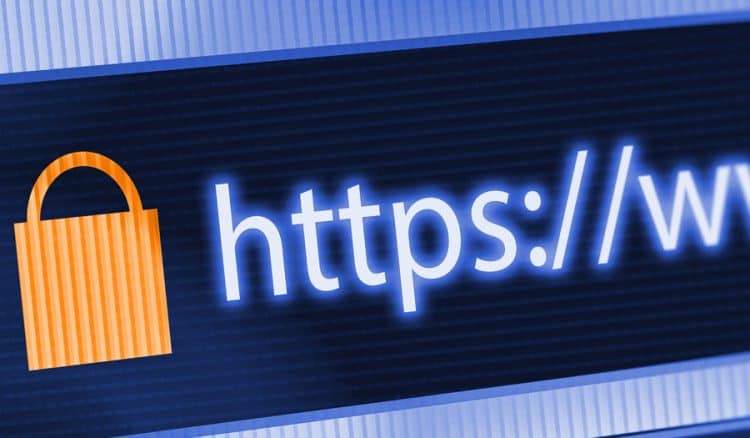At the end of 2017 Google started flagging 2/3 of websites as unsafe. This means if your website doesn’t have an SSL certificate, it will display a ‘Not Secure’ in the URL bar.
What type of websites will require an SSL to avoid being potentially being flagged:
Payments: If you’re website sells products, takes donations, sells tickets or does any type of money transactions you should already have an SSL. This has been a requirement way before Google established this rule.
Forms or Data: Almost every website has some type of form to fill out, from contact information to questions. With Googles new rules in place these types of websites may get flagged “Not Secure” which can scare off new visitors and create higher bounce rates.
Secure Login: If you’re website requires secure logins with usernames and passwords for access to personal information, paid access to materials or an Intranet for employees, payroll and more and SSL is important.
What are the benefits of an SSL?
According to Cybersecurity Ventures, cybersecurity damages will cost the world over $6 trillion annually by 2021.
An SSL certificate is really about protecting your website visitors. The individuals that are so kind as to provide you their personal information or make a type of payment on your site. Personal information, emails, credit card information and more are targeted daily through websites like yours. Cybercriminals are everywhere and while you may be thinking “I’m not the type of website they would target”, you don’t want to be on the expensive end of finding out you’re wrong.
An SSL will help provide security to both your website and its visitors. It will help in 2018 with your rankings and avoiding the stamp of “Not Secure” next to your domain name.
Do I really need an SSL?
With Google’s new threat of effecting rankings and labeling some websites “Not Secure” it’s becoming more common place to have an SSL on websites. For the average website that doesn’t collect information, blogs or if you’re business isn’t trying generate any leads through their website an SSL isn’t something to concern yourself with.
What does an SSL cost and what is required to install it on my website?
There are various types of SSLs and pricing ranges from one company to the next. Some hosting companies include a basic SSL with purchase of certain hosting packages. Depending on your needs, they can cost anywhere from $30/yr to $350/yr. Once purchased and configured on the server there are two main changes that need to be made to your website:
1. All links must be updated to the https: version of your address. In other words if users are still accessing the old, they are not being covered by your new SSL.
2. Any outside resources being used on your site such as third-party fonts, coding libraries or APIs must also be linked via https. This includes Google Fonts and jQuery.
